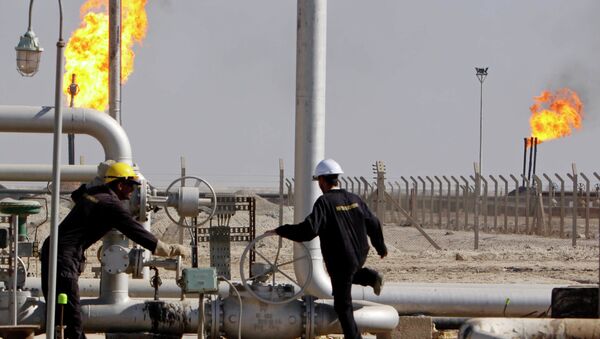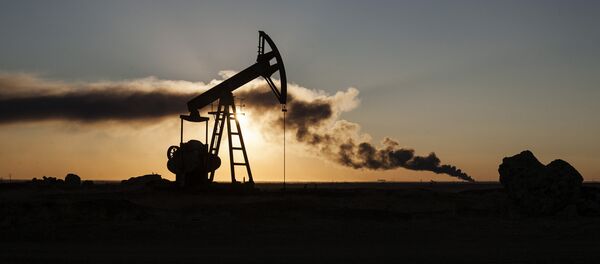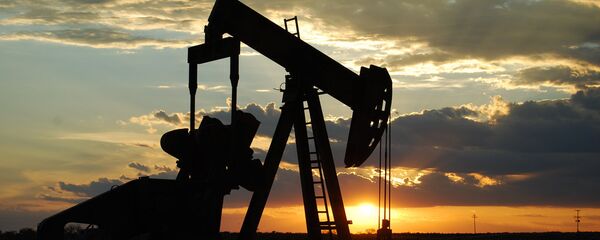US firms Exxon Mobil and Chevron have not managed to produce oil since they started working in the region in 2012. Turkey’s Genel Energy announced that oil reserves in its largest oil field are half as large as was expected. Gulf Keystone Petroleum is now experiencing financial difficulties due to low oil prices.
In addition, the regional government is delaying payments for produced oil. Earlier, media reported that the total debt to Genel Energy, Gulf Keystone Petroleum and Norway’s DNO has reached nearly $1.7 billion.
According to government estimates, oil reserves in Kurdistan are 45 billion barrels (over six billion tons) of high-gravity oil, with a production cost of $2 a barrel. However, oil companies doubt the fact.
In 2015, oil production in Kurdistan grew to 430,000 barrels a day. According to other estimates, it reached 600,000 barrels a day.
Any attempts to precisely estimate Kurdistan’s oil reserves and possible output are a difficult task, first of all because there are no official borders of the region, Rustam Tankaev, senior analyst at the Russian Union of Oil and Gas Producers, told Gazeta.ru.
"What is more, when we’re talking about oil reserves we should specify the type of reserves – geological or extractable. Traditionally, extraction index rarely reaches over 0.5," he explained.
He suggested that actual extractable oil reserves in Kurdistan are estimated at nearly 500 million tons.
"The Kurdish government’s statements about rich reserves are promotional. They’re aimed at drawing investments to the region," the expert said.
In March, during his visit to Moscow, leader of the regional government Aso Talabani said the authorities were interested in expanding the presence of Russian oil companies in Kurdistan and would take all necessary measures for this, including security measures.
Currently, only one Russian company, Gazprom Neft, is operating in Kurdistan. The Gazprom subsidiary is exploring oil at the Garmian, Shakal and Halabja blocks. It also works in Iraq at the Badra oil field.
The company told Gazeta.ru that it is continuing exploration works at the three blocks in Kurdistan. It has already started production at the Sarqala oil field (at the Garmian block), with a cumulative production of 2.9 million barrels.
"Due to the slump in oil prices, companies have to reduce investments in geological exploration," the company explained. "Taking in account the subsurface uncertainty of the blocks as well as the situation in the region, Gazprom Neft may revise its program in the region."
Last week, the company’s CEO Vagit Alekperov said LUKOIL was ready to increase investments in Iraq, but not in Kurdistan.
Currently, working in Kurdistan makes sense only with the purpose of creating and holding positions there, Alexander Pasechnik from the National Fund of Energy Security said.
"But from a business perspective, it is pointless because oil is no longer $100 a barrel. There is no point for Russian firms to work in the region while there are a lot of possibilities in Russia," he concluded.




